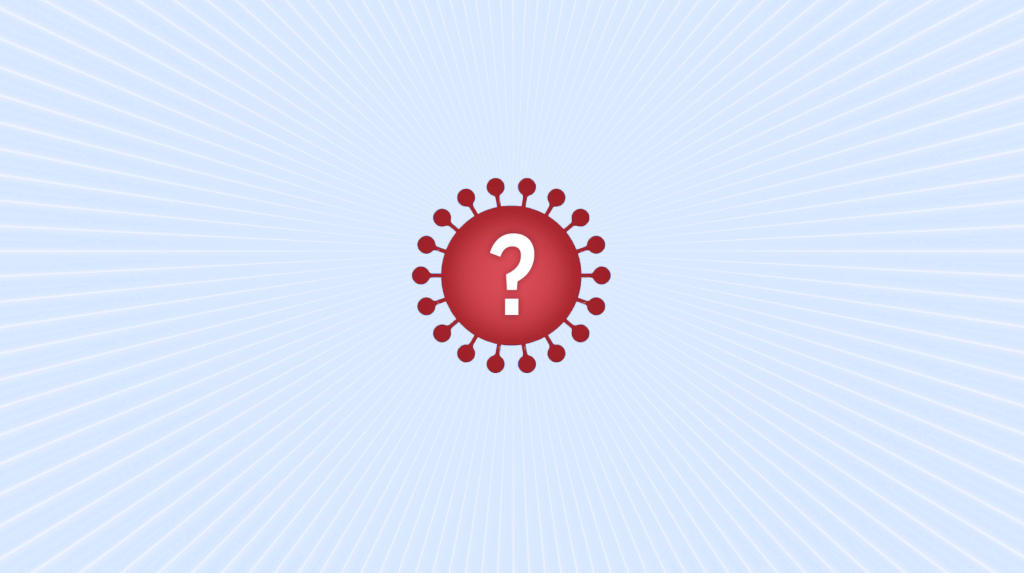






At-home COVID tests are a useful tool as the world braces for the latest surge in cases. They sacrifice some accuracy for speedy results, but they can help people make decisions about when to isolate themselves. At-home testing is used with social distancing, masks and hand-washing to control the spread of COVID infection. In this blog, we will look at when at-home COVID tests should be performed, how they differ from PCR tests, and what the results mean.
If you are not sure if COVID might be the cause of your runny nose or sore throat, at-home testing is your first best option. You can also take an at-home test after being exposed to someone with COVID. For best results, try to do the test 5 days afterward. Additionally, you can take a test before you gather with people who live in or outside of your household. This is important to help make sure that you don’t spread the virus to friends or loved ones. Remember that at-home testing can be done regardless of COVID vaccination status!
While PCR tests are the best for detecting COVID infection, they are in high demand and short supply. Thankfully, at-home tests can detect all of the variants including Alpha, Delta and Omicron. However, they are less sensitive than PCR tests. This means that they can show negative results for people who actually have COVID. At-home COVID tests are most likely to be positive when people have symptoms.
Both at-home and PCR COVID tests use nasal swabs but otherwise they are quite different:
|
At-Home Tests |
PCR Test |
|
|
|
|
|
|
PCR testing is a multistep process that usually must be sent from the testing site to an outside lab. It can take up to 24 hours for labs to receive the specimens from the testing centers, especially in rural areas. Each sample must then be mixed with special chemicals and analyzed in testing devices. Some labs have lots of staff and equipment so they can process tests more quickly than others. But even for these labs, the backlog of tests grows during each COVID surge.
A negative at-home COVID test result means that the test did not detect any virus but it does not rule out infection. You may want to repeat the test in a few days to help confirm that you are not infected. This is especially true if you are still showing symptoms and expecting to be around other people. If your test is negative but you have COVID symptoms, you should have a PCR test to be sure.
A positive at-home test result means that the virus was detected, and you very likely have a COVID infection. You should stay home and isolate for at least five days or longer if you’re symptomatic, according to new recommendations from the CDC. You should immediately inform your doctor as well as any close contacts. The CDC recommends scheduling a PCR test within 48 hours to confirm the at-home test results. If this is not possible, you should notify your local health department so that they can track COVID-19 outbreaks in the community.
The iHealth COVID-19 Antigen Rapid Test is authorized by the FDA for use with people who are at least 2 years of age. You can do the test in the comfort of your own home and get results in just 15 minutes. The nasal swab is soft and highly absorbent so it only needs to be inserted about ½ inch into your nostril. The results are easy to read and they can be saved in a free iHeath Pass app for future reference.
The iHealth COVID-19 Antigen Rapid Test was designed only for detection of SARS- CoV-2 (COVID-19) and not for any other viruses or infections. They are not PCR tests and they are not valid for travel. The test kits must be stored at temperatures of 36-84℉ (2-30℃) to maintain accuracy of the results. The iHealth COVID-19 Antigen Rapid Test was not approved by the FDA but was granted Emergency Use Authorization.
Important Note
If you are currently experiencing COVID-19 symptoms, please contact your healthcare provider for immediate guidance. The information on this site is not intended or implied to be a substitute for professional medical advice. If you are having a severe and sudden change in physical or mental health, please call 911, contact a local emergency facility or consult with your doctor. Always seek the advice of your physician or other qualified healthcare provider, and never disregard the advice given because of information you have received from our website.




| Cookie | Duration | Description |
|---|---|---|
| cookielawinfo-checkbox-analytics | 11 months | This cookie is set by GDPR Cookie Consent plugin. The cookie is used to store the user consent for the cookies in the category "Analytics". |
| cookielawinfo-checkbox-functional | 11 months | The cookie is set by GDPR cookie consent to record the user consent for the cookies in the category "Functional". |
| cookielawinfo-checkbox-necessary | 11 months | This cookie is set by GDPR Cookie Consent plugin. The cookies is used to store the user consent for the cookies in the category "Necessary". |
| cookielawinfo-checkbox-others | 11 months | This cookie is set by GDPR Cookie Consent plugin. The cookie is used to store the user consent for the cookies in the category "Other. |
| cookielawinfo-checkbox-performance | 11 months | This cookie is set by GDPR Cookie Consent plugin. The cookie is used to store the user consent for the cookies in the category "Performance". |
| viewed_cookie_policy | 11 months | The cookie is set by the GDPR Cookie Consent plugin and is used to store whether or not user has consented to the use of cookies. It does not store any personal data. |